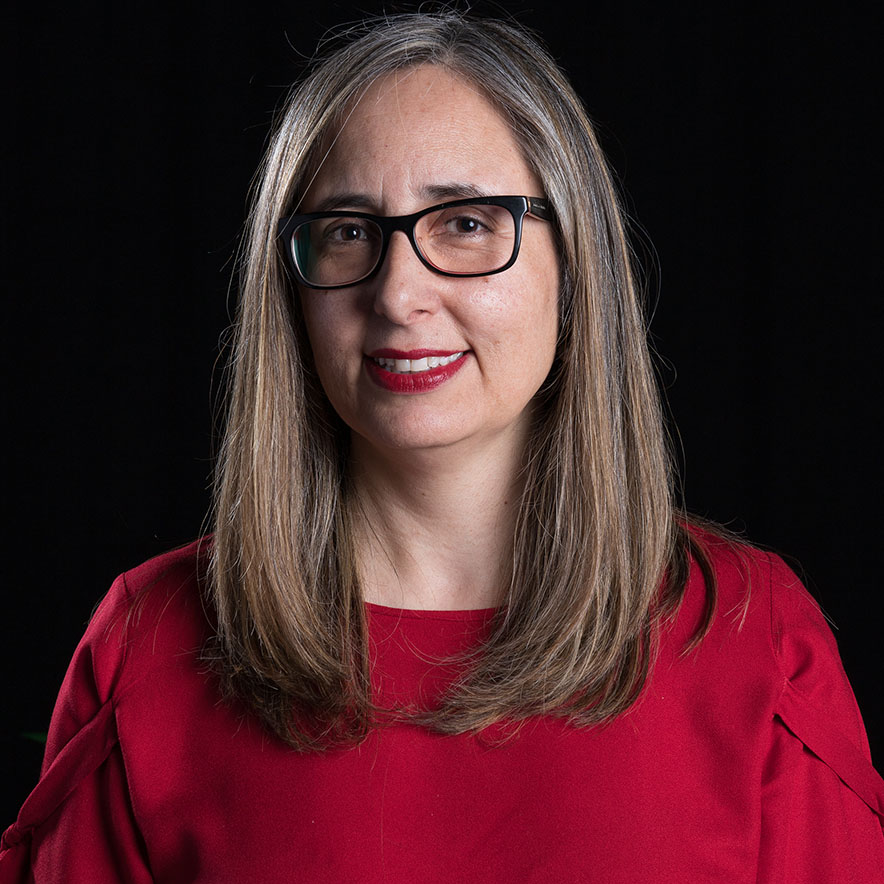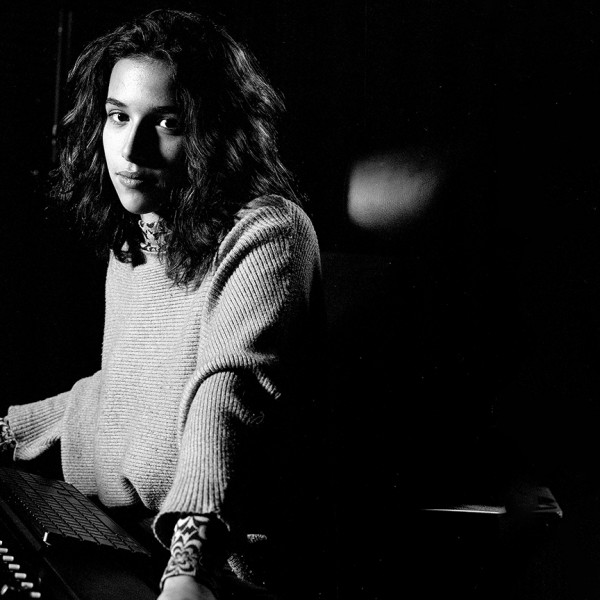In a time without time, slowing down is the key to maintaining our humanity
25.03.24 - 11h13
Carla Rodrigues Cardoso
We forget that rules do not exist in nature, they were not discovered like precious ore in the depths of a cave. A rule is a product of human activity, it is a convention that organises our lives. If rules are essential as tools of standardisation that sustain society, knowing their limits is fundamental.
How many times do we let someone with only one item cut ahead of us in the queue at the supermarket, in contrast to the full trolley in front of us? We break the rule, we make an exception, because the one who arrives first in the queue should be served first. But free will is stronger. The decision made goes against the blind coldness of the rule and imposes human warmth.
Whenever it seems to us that rules can be improved, it is our obligation to fight for that change, instead of surrendering to the ease of "this is how it is." Otherwise, there is no progress, we limit ourselves to uncritically accepting what has been thought and determined by others. Sapere aude! Immanuel Kant challenged in 1784, in his attempt to clarify what Enlightenment was. Dare to know, have the courage to think, was the appeal he left us.
But thinking takes time. And the great problem of instant societies is the lack of time. We chase after the clock and the hours don't arrive, the minutes fly by, and the seconds go unnoticed. In a time without time, survival is barely possible, breathing is difficult, and we just keep going. In a time without time, there is no room for reflection, for stopping, thinking, and rethinking. There is no time to deepen the rationality that distinguishes us from other living beings.
If we want to have the courage to think, we need to find a way to escape the whirlwind of acceleration that swallows everything without savouring, only destroying. Because without slow time, there is no thought.
Imagine yourself on a high-speed train. Look out the window. What do you see? A distorted landscape that fragments? How many details can you distinguish? What will you be able to recount of what you saw?
Accelerating can make us arrive faster. But at what price? What remains unseen, what remains unappreciated and unfelt, unexperienced? Slaves to time, we breathe while chasing after it. Panting and frustrated, we never catch it.
What if we tried to stop and let time pass? To breathe deeply and contemplate?
Each person has their own rhythm, their own "clock," their own time. Creating relationships implies adjusting rhythms, "clocks," times. So that synchrony can happen and it's possible to understand and enjoy each other.
The elderly live in a slower time, waiting for death. The younger ones live in their own time, individual, seeking to make it correspond to their desires. Adults during the decades of their working life live under the time constraints predetermined by the obligations they have to fulfil.
Between the time of the elderly and the time of the young, it is easy to forget about life, we are too busy. But depriving oneself of healthy deceleration, of seeking the time that fosters the adjustment of intrapersonal and intergenerational rhythms, results in personal and social alienation, leading to deep loneliness at the end of the road. Let's have the courage to do differently!
Carla Rodrigues Cardoso - Associate Professor and Researcher at Universidade Lusófona
Source: Jornal SOL
Related Courses
- Bachelor in Psychology (Lisboa)
- Bachelor in Psychology (Porto)
- Doctorate in Clinical Psychology, Cognitive-behavioral Approach (Lisboa)
- Doctorate in Clinical Psychology, Cognitive-behavioral Approach (Porto)
- Bachelor in Education Sciences - Social Education (Lisboa)
- Masters in Educational Sciences (Lisboa)
- Masters in Education Sciences: Special Education - Cognitive and Motor Domain (Lisboa)











